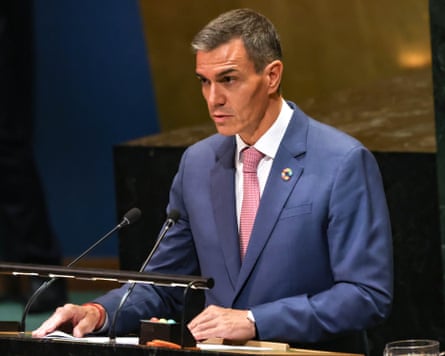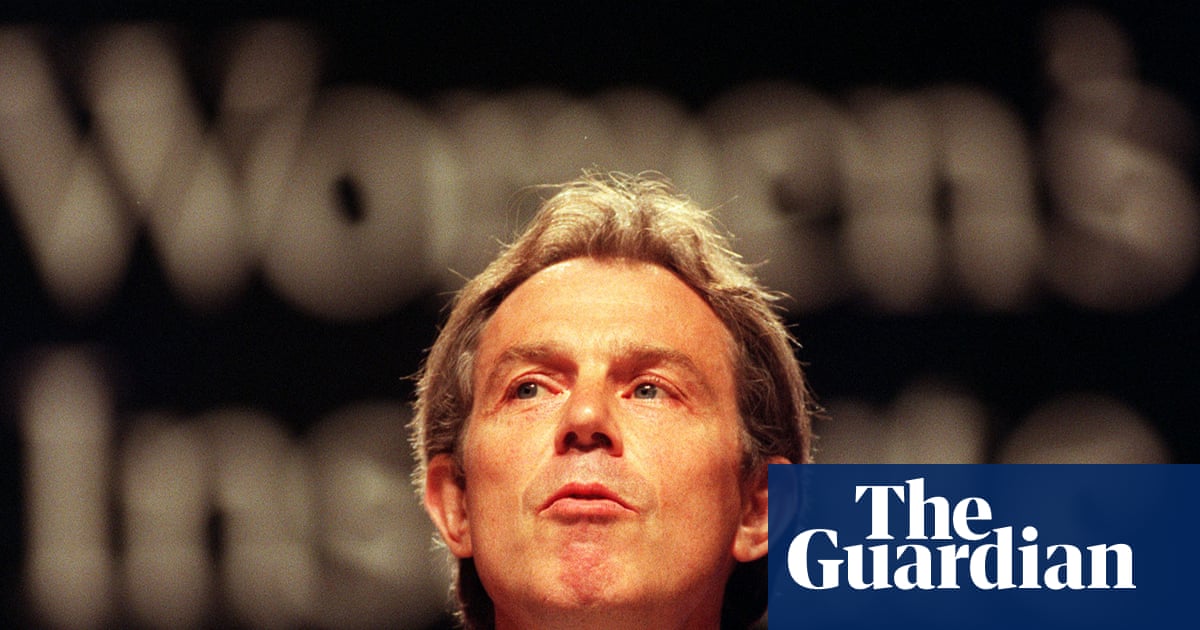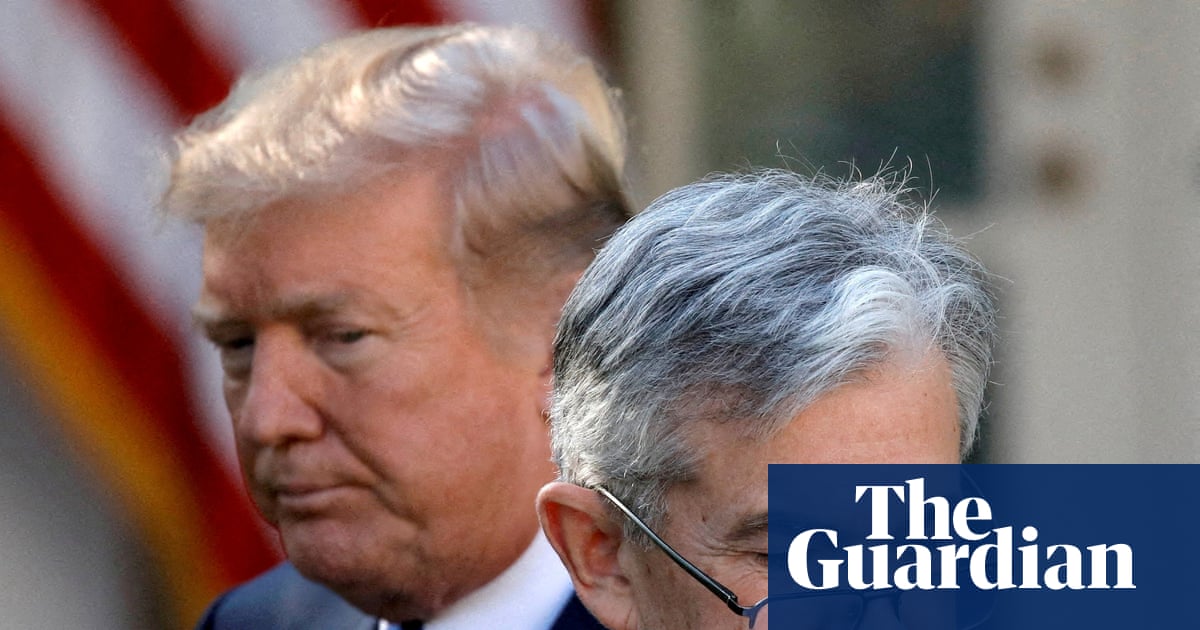Applause rang out through the UN general assembly this month after it endorsed the so-called New York declaration on the revival of the two-state solution between Israel and Palestine. Adopted by a large majority, 142 countries, this initiative from France and Saudi Arabia offers a rare glimmer of hope in one of the most devastating crises of our time.
Separately, the conclusions of the UN commission of inquiry have echoed what human rights organisations and genocide experts have been warning for months: Israel is committing genocide in Gaza. As the ground invasion of Gaza City intensifies, the international community has a legal and moral obligation to act. This includes the immediate imposition of sanctions on Benjamin Netanyahu’s government to halt war crimes.
This year’s UN general assembly in New York is crucial – not only in addressing the atrocities unfolding in Gaza but also in advancing the long-delayed recognition of a Palestinian state. For Europe in particular, with the EU’s global standing jeopardised by its response to the war in Gaza, the gathering of world leaders is a litmus test.
More than three decades after Yasser Arafat and Yitzhak Rabin shook hands to seal the “Oslo accords”, peace seems more distant than ever. Although European countries and institutions formally support the prospect of a viable two-state solution, the reality on the ground shows that more principled and decisive action is needed.
While the atrocities in Gaza continue, the Israeli government is seriously and explicitly undermining the prospects for Palestinian self-determination. The Israeli government is expanding West Bank settlements in complete violation of international law, and allows settler violence to continue with impunity. It is also undermining the Palestinian Authority by withholding tax revenue, making it harder to pay salaries and to uphold services.
EU countries including Sweden and Spain had already recognised Palestine. Since France’s announcement in July that it would recognise Palestine, the UK, Malta, Belgium, Portugal, Luxemburg, Canada and Australia have followed suit or expressed their intention to do so soon. Further recognition by European states would only strengthen this momentum, sending a clear and unified message that the EU remains committed to the two-state solution.

And there is more to be done. While we work to put pressure on Israel to halt the war crimes and stop undermining the prospects of a Palestinian state, the EU must simultaneously work to strengthen Palestine in concrete ways.
As long ago as 1997, the EU signed an interim association agreement with the Palestinian Authority. In light of escalating settler violence in the occupied West Bank and the Netanyahu government’s project for settlement in the so-called E1 area that would in effect cut off the West Bank from East Jerusalem and divide the territory in two, it is time to go further.
Upgrading EU ties with Palestine to a fully fledged association agreement, with provisions for enhanced financial support, expanded trade relations and a more structured political dialogue, is a necessary step to reinforce the Palestinian Authority’s state-building efforts and reaffirm the EU’s commitment to a two-state solution.
after newsletter promotion
According to Netanyahu, a two-state solution is incompatible with Israel’s security interests. The opposite is true. Israel’s peace and security require sovereignty and security for both Israel and Palestine. Israel cannot deny Palestine this without undermining the possibility of a conciliatory dialogue. Palestinians, just like Israelis, deserve freedom, security and dignity.
-
Pedro Sánchez is the president of the Socialist International, secretary general of PSOE and the prime minister of Spain; Magdalena Andersson is a former prime minister of Sweden and leader of the Social Democratic party in Sweden; Frans Timmermans is leader of the Green-Left-Labour alliance in the Netherlands; Elly Schlein is leader of the Democratic party in Italy; Stefan Löfven is a former prime minister of Sweden and president of the party of European Socialists and Democrats.

 3 months ago
68
3 months ago
68

















































